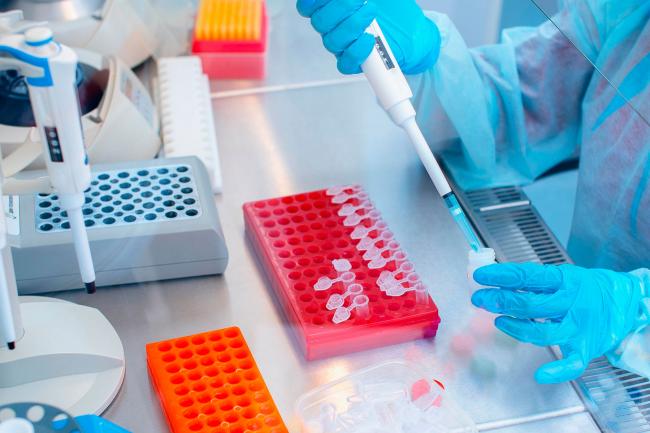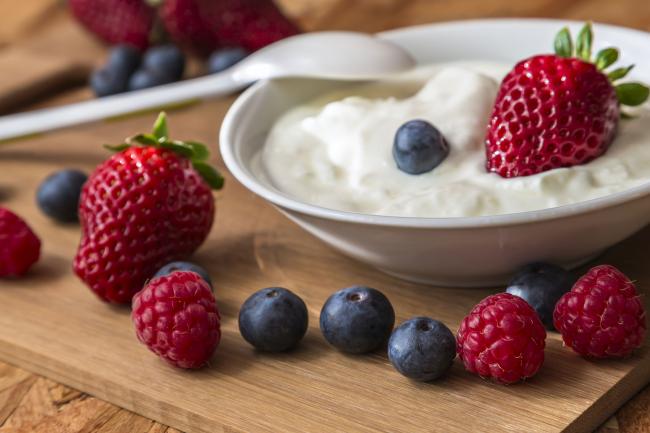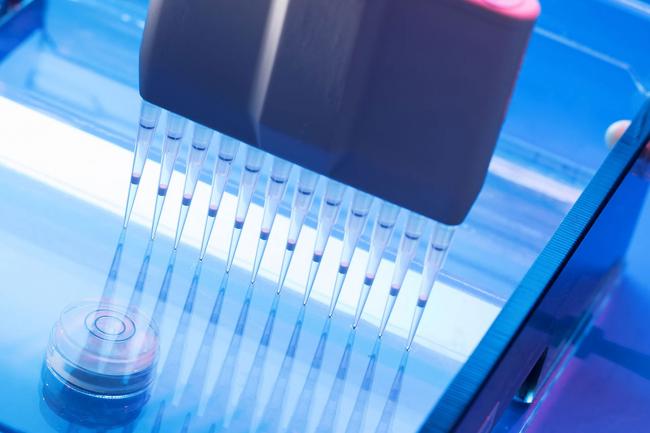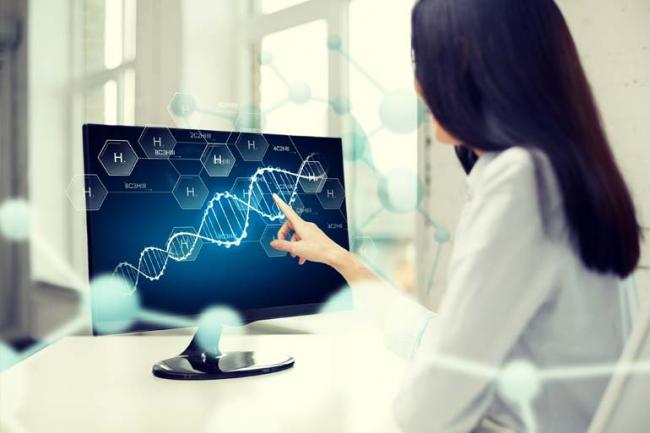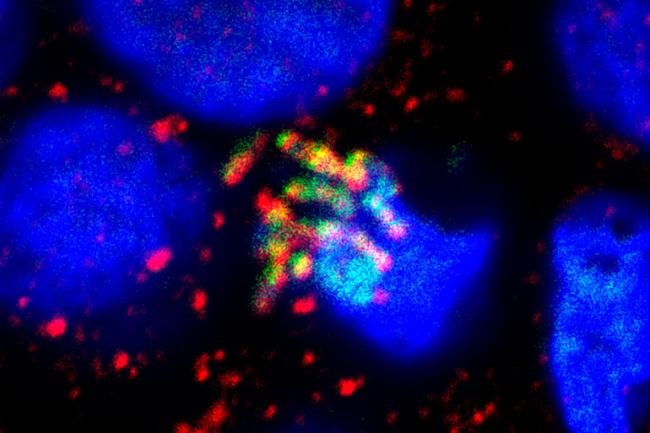Next year, I will go back to The University of Manchester to finish my BSc in Biotechnology. Once I graduate, I am considering doing a Master’s or a PhD in the UK or abroad. Even if I am not sure about what I will do, doing a PhD is something I would have never thought of doing before coming to EI.
So far, with my experience from my University and EI, both have a very wide policy, making sure that men and women alike have the same opportunities in science. In fact, I may have been lucky, but I think that the main selection factor for placements, internships and other professional development opportunities to which I have applied are mainly driven by grades, extra-curricular activities (e.g. volunteering), and skill development events (e.g. mentorship).
I’d like to thank everyone in the Institute, mainly the Korcsmaros Group and Emily Angiolini who gave me advice and support during the whole year.









